Unifying the focal point for agricultural and environmental management
Speaking at the discussion, National Assembly Deputy Nguyen Thi Lan highly appreciated the drafting agency for its serious, meticulous and scientific work, demonstrating a high sense of responsibility in completing the dossier of the Draft Law on amending and supplementing a number of articles of 15 laws in the fields of agriculture and environment. According to the delegate, the amendment is very necessary to ensure compliance with the two-level government model, meet the requirements of streamlining the apparatus, strengthening decentralization and delegation of power, and at the same time concretizing new resolutions of the Party and Politburo on science and technology development, green economy, circular economy and digital transformation.
Notably, the draft has many outstanding advantages, demonstrated in the unification of management focal points between agriculture and the environment, increased data connectivity, transparency of State management; focusing on the application of science , technology and innovation in monitoring, tracing origin and protecting resources.
"In particular, the revised contents have paid attention to reasonable decentralization, giving more proactive power to localities while still ensuring unified management at the central level, contributing to improving the effectiveness and efficiency of management, promoting the development of ecological agriculture, blue ocean economy and sustainable rural areas in the new period," emphasized National Assembly Deputy Nguyen Thi Lan.
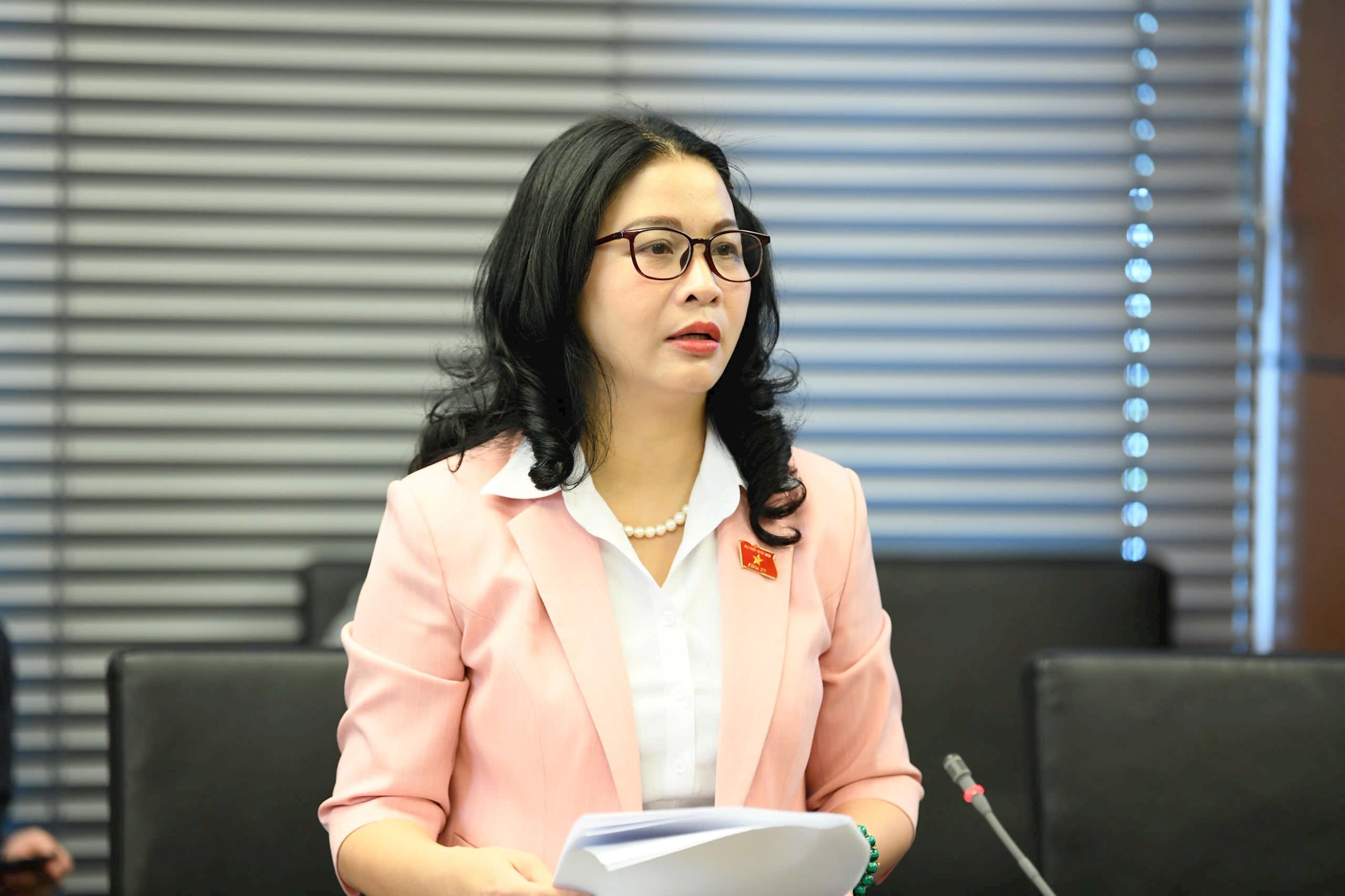
Commenting on Article 15 on amending and supplementing a number of articles of the 2018 Law on Crop Production, delegates said that the draft clearly showed the orientation to perfect the state management system on plant varieties, fertilizers, growing area codes and product traceability, in order to meet the requirements of modern, transparent and internationally integrated agricultural development. However, through research, delegates found that there are still some contents that need to be clarified and supplemented to ensure feasibility, while improving management capacity and quality control in the field of crop production.
First of all, regarding the management of plant varieties and fertilizers, Clause 3, Article 9 specifically stipulates violations and conditions for production and business. According to National Assembly member Nguyen Thi Lan, this provision is necessary to tighten management discipline, but it is necessary to supplement the role of agricultural training and research institutions in the work of independent inspection and assessment of seed and fertilizer quality. The delegate cited that in many countries such as Japan, Korea or the Netherlands, agricultural universities are recognized by the State as national reference laboratories, with the function of independent inspection, supervision and technical criticism.
"This mechanism helps reduce the burden on administrative agencies, increase objectivity, and quickly update scientific advances in practical management. Vietnam's addition of this regulation will create a legal foundation to mobilize scientific intelligence in controlling input quality of the crop production industry," National Assembly Deputy Nguyen Thi Lan emphasized.
B supplementing the role of universities and research institutes in crop management
Regarding Clause 2, Article 15 on recognition and extension of circulation of plant varieties, the draft increases the period to 20 years for annual plants and 25 years for perennial plants, and allows for extension. Regarding this content, National Assembly Deputy Nguyen Thi Lan agrees with this amendment to encourage investment in breeding, but suggests adding clear conditions for extension. Specifically, the extension should be based on the results of periodic assessments of productivity, genetic stability, adaptability and environmental impact, carried out by research and training units designated by the Ministry. In many OECD countries, recognition or extension of varieties is only carried out after completing the DUS (Distinctness, Uniformity, Stability) test by an independent scientific organization. Delegates said that if this mechanism is applied in Vietnam, it will help ensure scientific and transparent nature, avoiding the situation of degenerated varieties still circulating for a long time, affecting productivity and reputation of agricultural products.
"Later, when implementing the law, I suggest that the management agency research and guide the recognition of varieties, how to make it more convenient, shorten the time for varieties to be put into production practice, consider some cases of temporary recognition, and continue to monitor for licensing. How to create favorable conditions for businesses and people, suitable for Vietnam's conditions and approaching international standards", National Assembly Deputy Nguyen Thi Lan suggested.
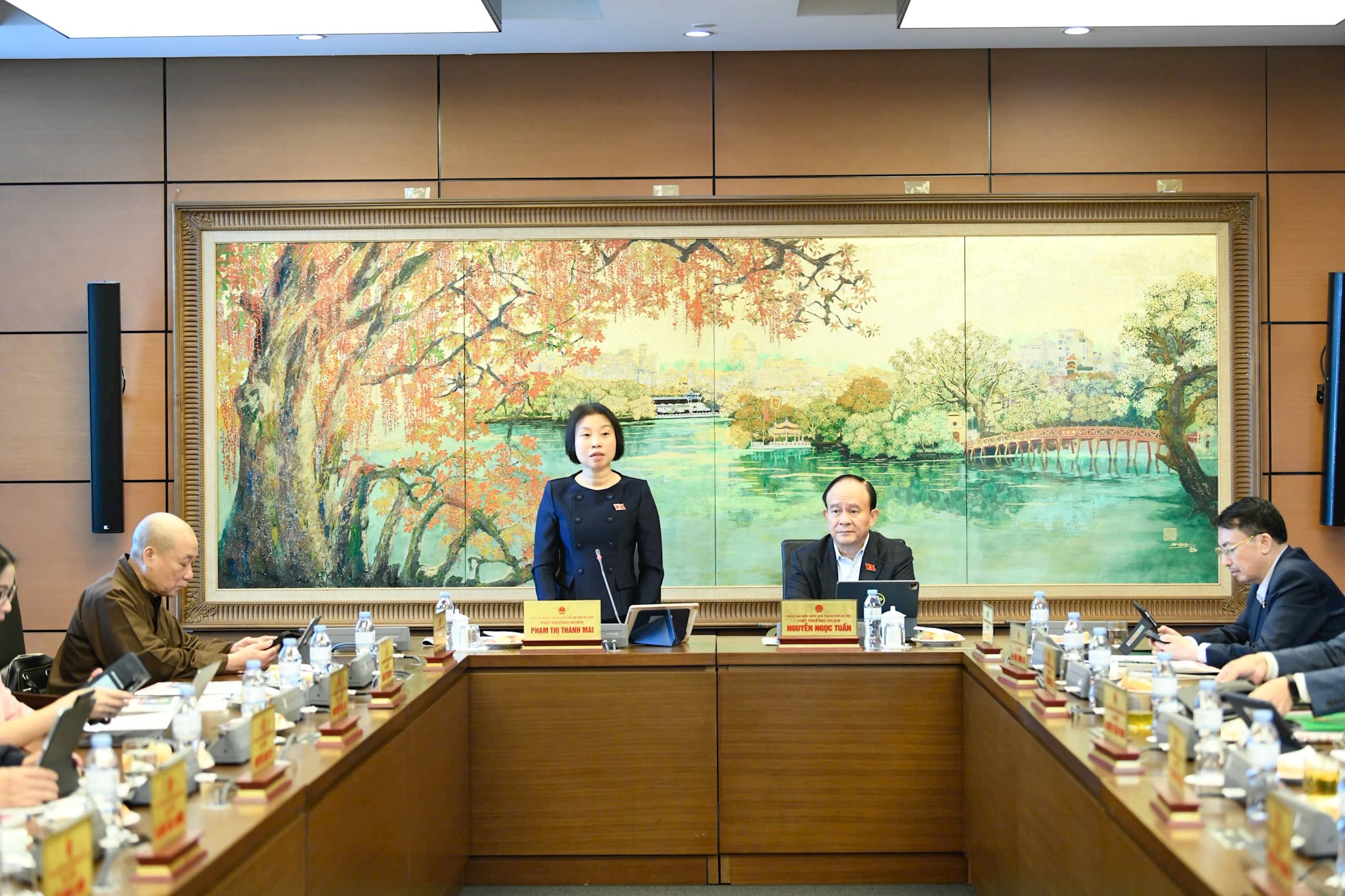
Regarding Article 40 regulating conditions for fertilizer testing, delegates agreed with the requirements on professional qualifications and standard facilities, but proposed adding the following two points.
Firstly , the Ministry of Agriculture and Environment needs to publicize the list of organizations authorized to conduct testing and conduct periodic capacity reassessments.
Second , it is necessary to allow research institutes and universities with laboratories meeting ISO/IEC 17025 standards to participate in the national testing network. According to the analysis of the delegates, many countries such as Korea and France have built a system of laboratories linking management agencies and universities, helping to increase monitoring efficiency and reduce costs for businesses. In Vietnam, we can take advantage of available resources at research institutes, Vietnam Academy of Agriculture, Can Tho University or Ho Chi Minh City University of Agriculture and Forestry, which are facilities with high scientific capacity and a team of experts meeting international standards to act as the core technical force to support the Ministry in testing and monitoring the quality of fertilizers and agricultural materials.
National Assembly Deputy Nguyen Thi Lan suggested that the draft should include provisions on the role of universities and research institutes in the national crop management system because these institutions not only train human resources but are also important technical partners in seed research, fertilizer testing, quality assessment and policy advice. Institutionalizing this role will create a legal corridor for the "state - scientist - enterprise - farmer" cooperation model, similar to Ireland's Teagasc model or France's INRAE model, where science is placed at the center of agricultural policy. This is also a way for Vietnam to take advantage of domestic knowledge resources, increase critical capacity and update science and technology in the policy planning and monitoring process.
"Adding the role of the university-research institute system, combined with digital management and international data connectivity, will help Vietnam improve crop quality, protect the environment, ensure food safety, and gradually integrate deeply into the global agricultural value chain," National Assembly Deputy Nguyen Thi Lan analyzed.
Source: https://daibieunhandan.vn/tung-buoc-hoi-nhap-sau-voi-chuoi-gia-tri-nong-nghiep-toan-cau-10394626.html







![[Photo] Da Nang: Hundreds of people join hands to clean up a vital tourist route after storm No. 13](https://vphoto.vietnam.vn/thumb/1200x675/vietnam/resource/IMAGE/2025/11/07/1762491638903_image-3-1353-jpg.webp)
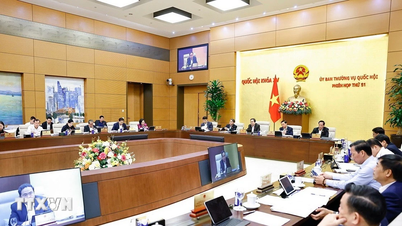




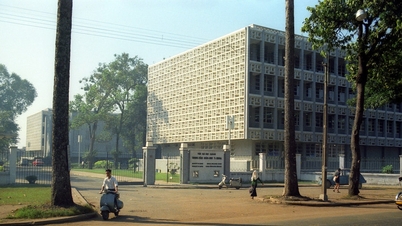

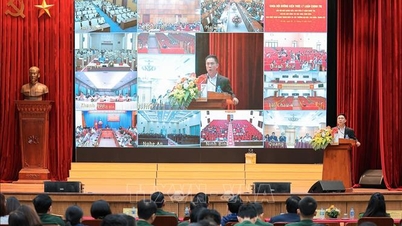
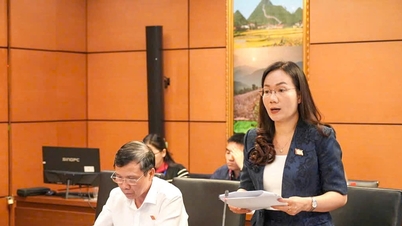

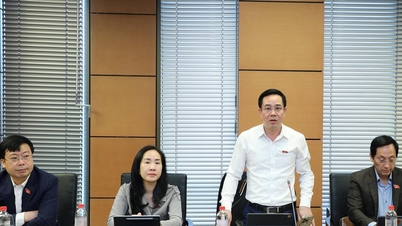




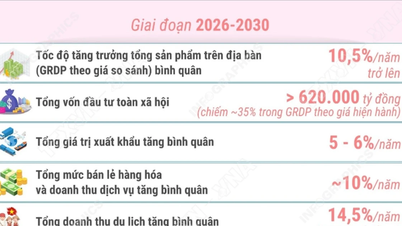






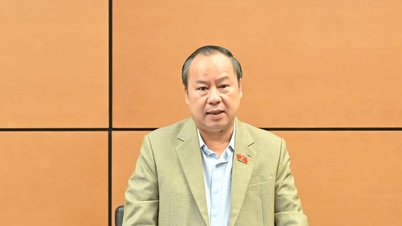


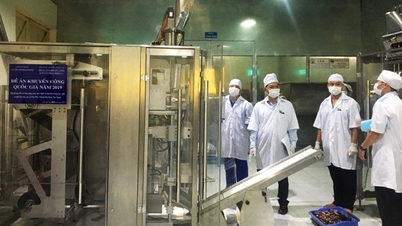




































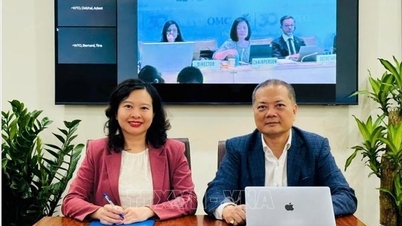





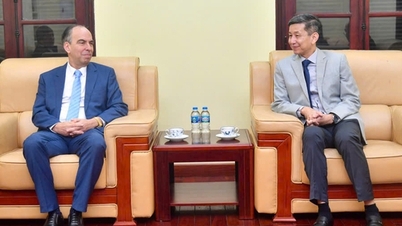
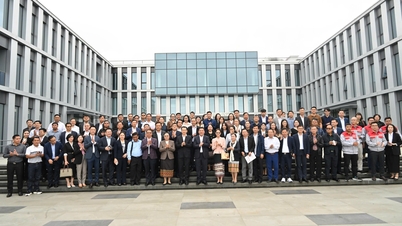


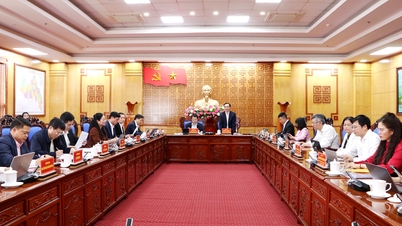
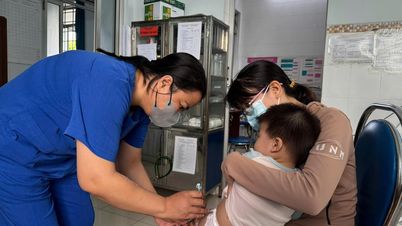



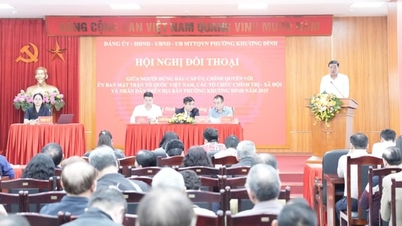

















Comment (0)